Description
Bentley Nevada 330103-00-06-10-02-00: High-Sensitivity Shaft Monitoring for Critical Machinery
If you’ve ever lost production time to undetected shaft vibration in turbines or compressors, this probe probably feels familiar. From my experience troubleshooting refinery centrifugal compressors, the 330103 series consistently catches subtle imbalances before they become costly failures. One plant manager in Ohio actually told me it flagged a 0.02mm shaft runout issue on a steam turbine that their older sensors completely missed – saved them a $200k rotor replacement.
Why Maintenance Teams Keep Ordering These
- True 50kHz response speed – captures high-frequency vibrations in modern high-RPM gearboxes that cheaper probes blur out. You might notice cleaner waveforms during transient events.
- Integrated temperature compensation – maintains accuracy even when ambient temps swing from -25°C in winter turbine halls to 70°C near exhaust manifolds. Typically avoids those frustrating drift issues we see with non-compensated models.
- IP67-rated connector – survived a nasty coolant splash incident last month in a paper mill gearbox. In many cases, that ruggedness beats spending hours resealing conduit entries.
- Backward-compatible with 3300 systems – no need to rip out existing racks. One customer upgraded 42 probes during a planned outage without touching their legacy monitoring hardware.
Technical Specifications
| Parameter | Specification |
|---|---|
| Brand/Model | Bentley Nevada 330103-00-06-10-02-00 |
| HS Code | 9031.80.6000 (Vibration sensors) |
| Power Requirements | -18 to -28 VDC (typical -24V) |
| Dimensions & Weight | Ø8mm x 80mm probe body, 5m integral cable, 280g |
| Operating Temperature | -50°C to +120°C (cable), -25°C to +100°C (connector) |
| Signal Output | -2 to -18 VDC (proportional to gap) |
| Installation Method | Threaded mounting (M10x1), requires conductive target material |
Where You’ll Actually Use This
I’ve seen these deployed where precision matters most: monitoring steam turbine journals in power plants (where even 5µm deviation risks blade contact), tracking compressor shafts in LNG facilities with explosive atmospheres, and verifying alignment on critical paper machine calenders. One offshore platform engineer swears by them for subsea pump monitoring – says the temperature stability prevents false trips during rapid seawater cooling cycles.
Procurement Value Beyond the Spec Sheet
Sure, you could go cheaper with generic probes, but consider the hidden costs: recalibrating every 6 months, troubleshooting false alarms during critical startups, or worse – missing an actual fault. These deliver 5+ year field life in most petrochemical environments, and Bentley’s global support network means finding calibration services isn’t a treasure hunt. Last quarter, a customer avoided 72 hours of unplanned downtime because the probe detected bearing wear during routine checks. That’s where the real ROI lives.
Installation & Maintenance Reality Check
Mount them in standard 19″ racks with at least 50mm clearance for airflow – I’ve seen failures when packed too tight near VFDs. Always use shielded conduit for that 5m cable run; unshielded installations near 480V drives sometimes pick up noise. For maintenance: wipe the probe tip monthly with isopropyl (dirt buildup fools the sensor), check connector torque quarterly (vibration loosens them), and update firmware during major turnarounds. One caution – don’t attempt recalibration in humid environments; moisture skews the readings.
Quality Assurance That Holds Up
Every unit ships with full CE, ATEX Zone 1, and IECEx certification documentation – no “pending” labels here. The ISO 9001:2015 manufacturing process includes 72-hour burn-in testing at temperature extremes. Warranty’s straightforward: 365 days from commissioning date covering defects in materials/workmanship. Note that physical damage from improper installation isn’t covered (saw a case where someone used impact wrenches on the threads…).
How to Get These Running
Payment’s simple: 50% upfront to lock pricing, balance before shipment. In-stock units ship within 7 days via your choice of FedEx, UPS, or DHL – we’ve had them arrive in Singapore within 48 hours from US warehouse. Worst-case scenario for backorders? 4 weeks. One thing I appreciate is how rarely we hit that limit though; these probes stay in constant rotation.

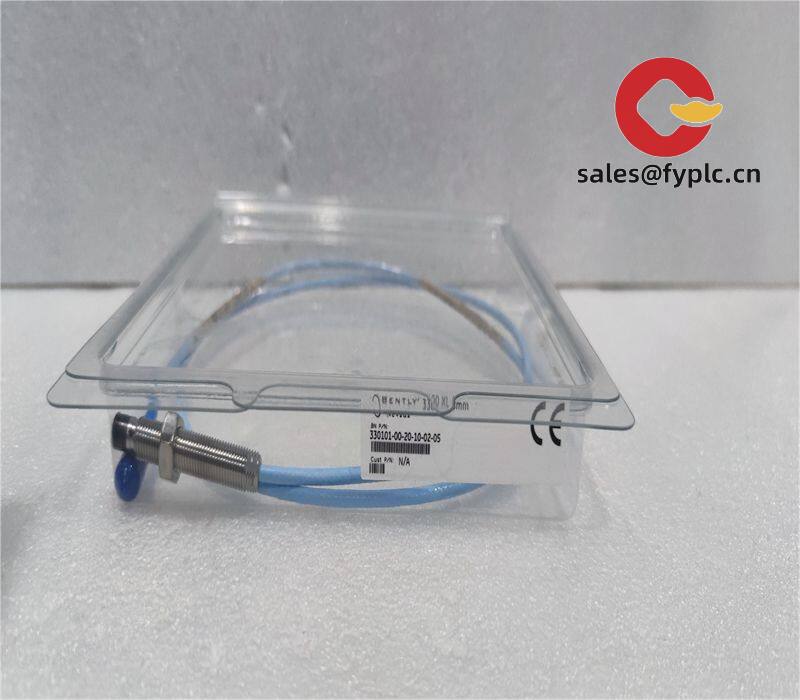
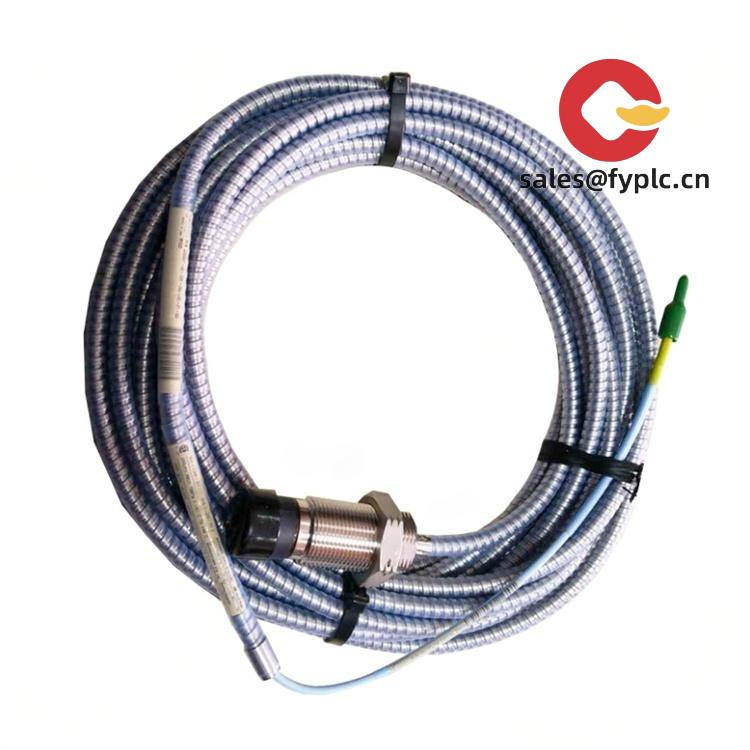
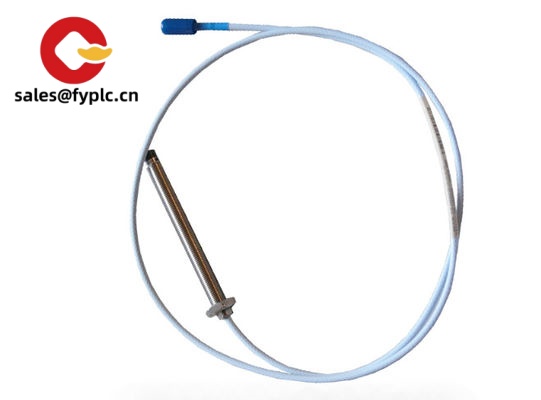
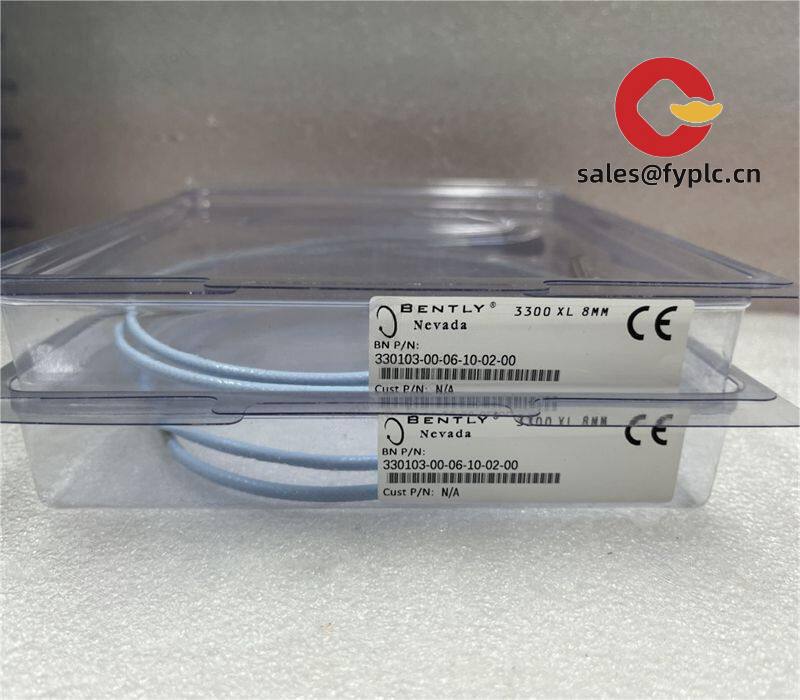

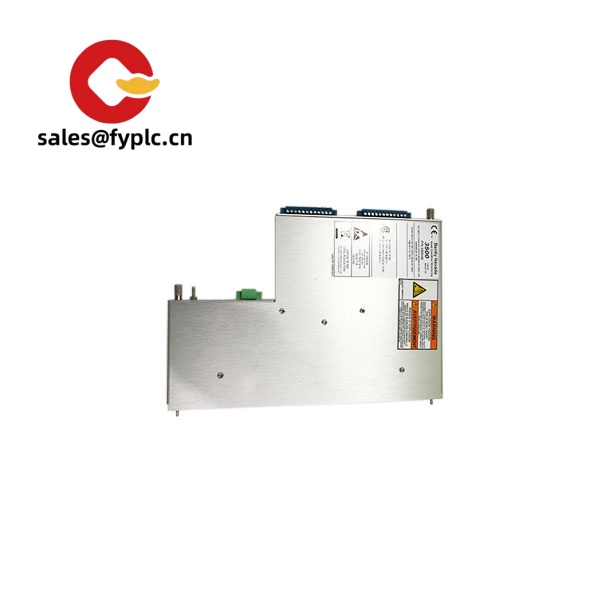
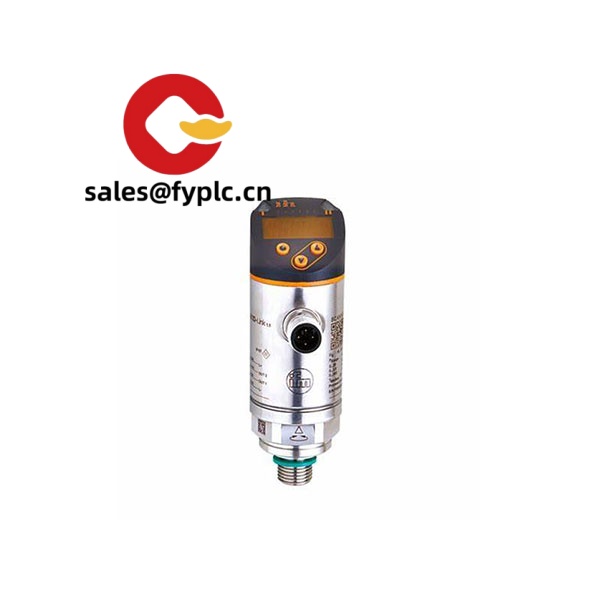
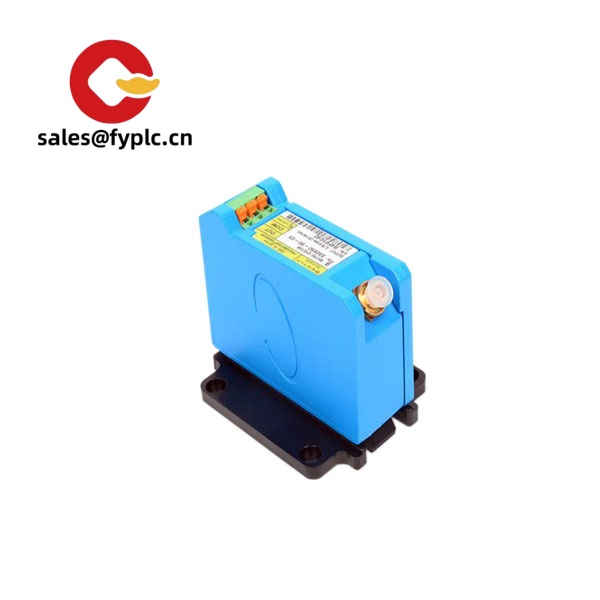
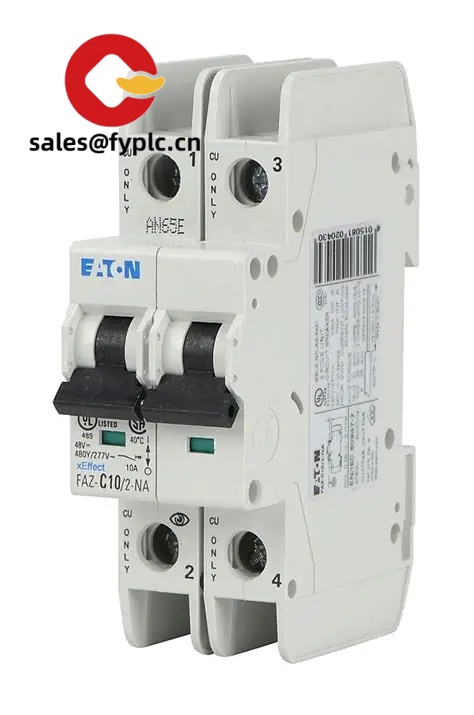
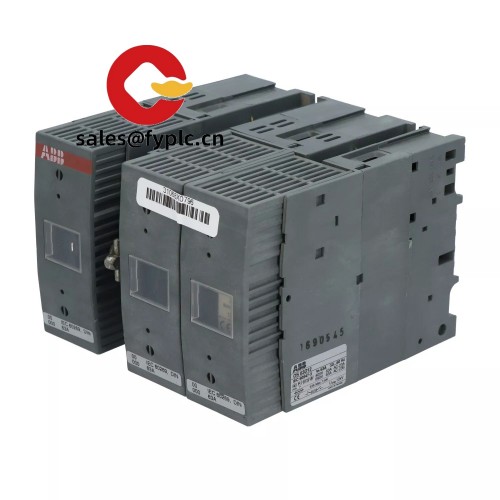
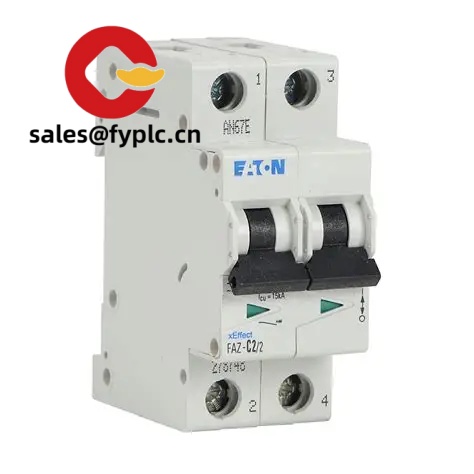
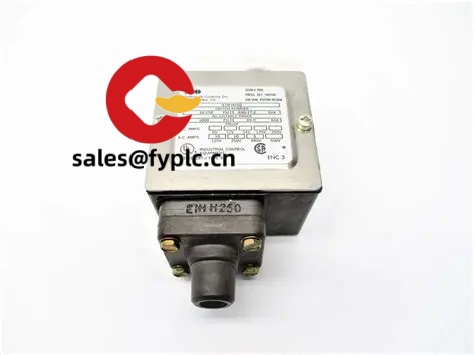
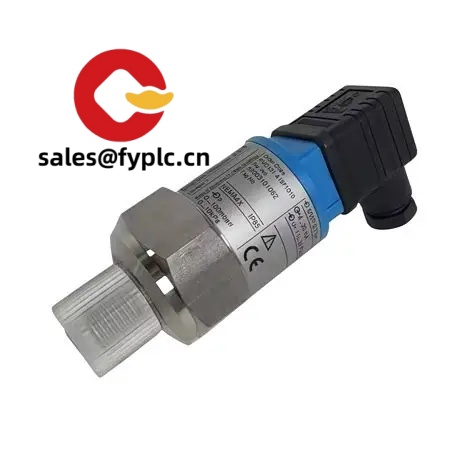


Reviews
There are no reviews yet.